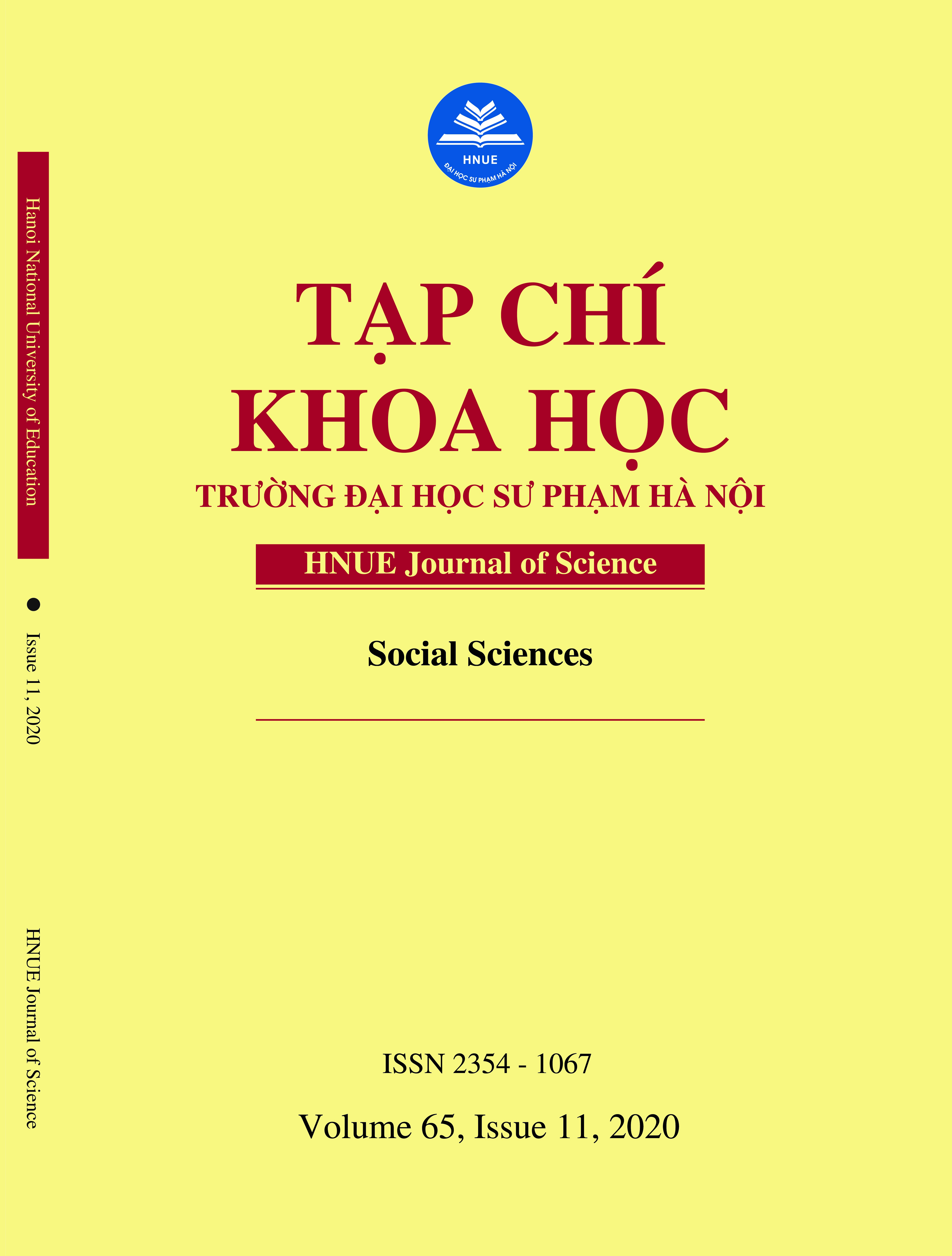CANONICAL ANALYSIS FOR MEASURING EQUILIBRIUM BETWEEN COMPONENTS OF SUSTAINABLE DEVELOPMENT IN VIETNAM
DOI: 10.18173/2354-1067.2020-0080
Tóm tắt
Sustainable development now becomes zeitgeist of our age which can be perceived as the development that guarantees the balance between economic development, social well-being and environmental component, to satisfy the needs of the present without compromising the ability of future generations to meet their own need. From one hand, it is a way to define the goals which a good society should achieve to ensure better quality of life for all inhabitants of the planet, both for the present generation and for future generations. From the other hand, sustainable development is a way to understand the world as a complex interaction within and between economic, social, environmental systems. This article aims to measure the intersystem equilibrium of sustainable development by analyzing the statistical relationships between the different dimensions of sustainability. All of the analysis use the complete raw existing data set provided for 24 indicators for the years 2016 of 63 administrative units of Vietnam. The results show that there is an average relationship between subsystems of sustainable development in Vietnam measured by the level of mutual explanation of original set of variables of each subsystem in the procedure of canonical correlation analysis

